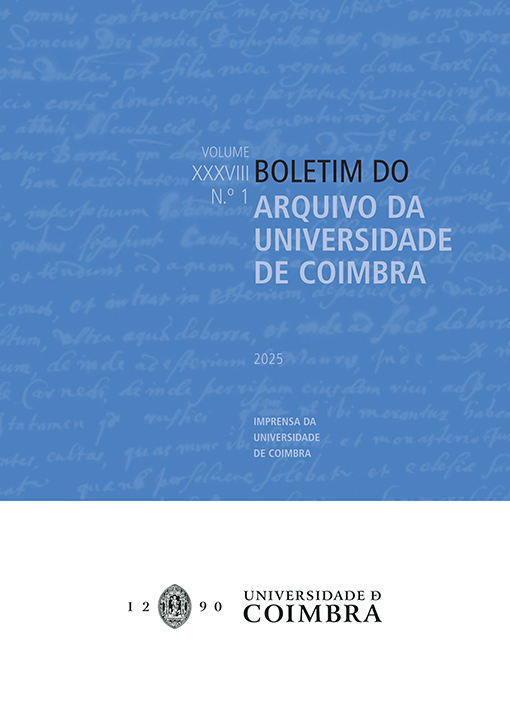Building better archival futures by recognizing epistemic injustice
DOI:
https://doi.org/10.14195/2182-7974_38_1_7Keywords:
Colonial archives, Epistemic injustice, DecolonialityAbstract
In 2024 University of Amsterdam’s launched a new research priority area, "Decolonial Futures," which centers on transforming archives, museums, and cultural institutions to address colonial legacies. This article focuses on colonial archives managed by archival institutions. The central question is what forms of injustice are embedded within these archives and how can archival institutions build better archival futures based on the recognition of those injustices. Colonial archives are inherently problematic as knowledge resources, as they primarily reflect the perspectives of colonial authorities, often distorting and silencing the voices of colonized populations. Drawing on Miranda Fricker's concept of epistemic injustice, two main forms of injustice can be identified: hermeneutical injustice and testimonial injustice. Testimonial injustice occurs according to Fricker when a hearer gives "a deflated level of credibility to a speaker’s word", often based on the speaker’s gender or race. Testimonial injustice frequently results from hermeneutical injustice, which involves structural identity prejudice. Fricker defines hermeneutical injustice as "the injustice of having (…) one’s social experience obscured from collective understanding owing to a structural identity prejudice in the collective hermeneutical resource". Using the lens of epistemic injustice offers valuable opportunities to better understand the problematic nature of colonial archives, while also providing archival institutions with guidance on how to avoid perpetuating injustices when creating digital archival spaces. This article shares experiences from a project initiated by the Dutch National Archives to map how representatives from affected communities, as well as those from the academic and heritage sectors, view the necessity and possibilities for archival institutions to engage with these archives in a different, decolonial way, with the aim of creating a more inclusive historical record and better serving communities marginalized by history.
Downloads
Downloads
Published
Issue
Section
License
Copyright (c) 2025 Boletim do Arquivo da Universidade de Coimbra

This work is licensed under a Creative Commons Attribution 4.0 International License.
Authors retain copyright and grant the journal right of first publication with the work simultaneously licensed under a Creative Commons Attribution License that allows sharing the work with recognition of authorship and initial publication in Boletim do Arquivo da Universidade de Coimbra journal.










